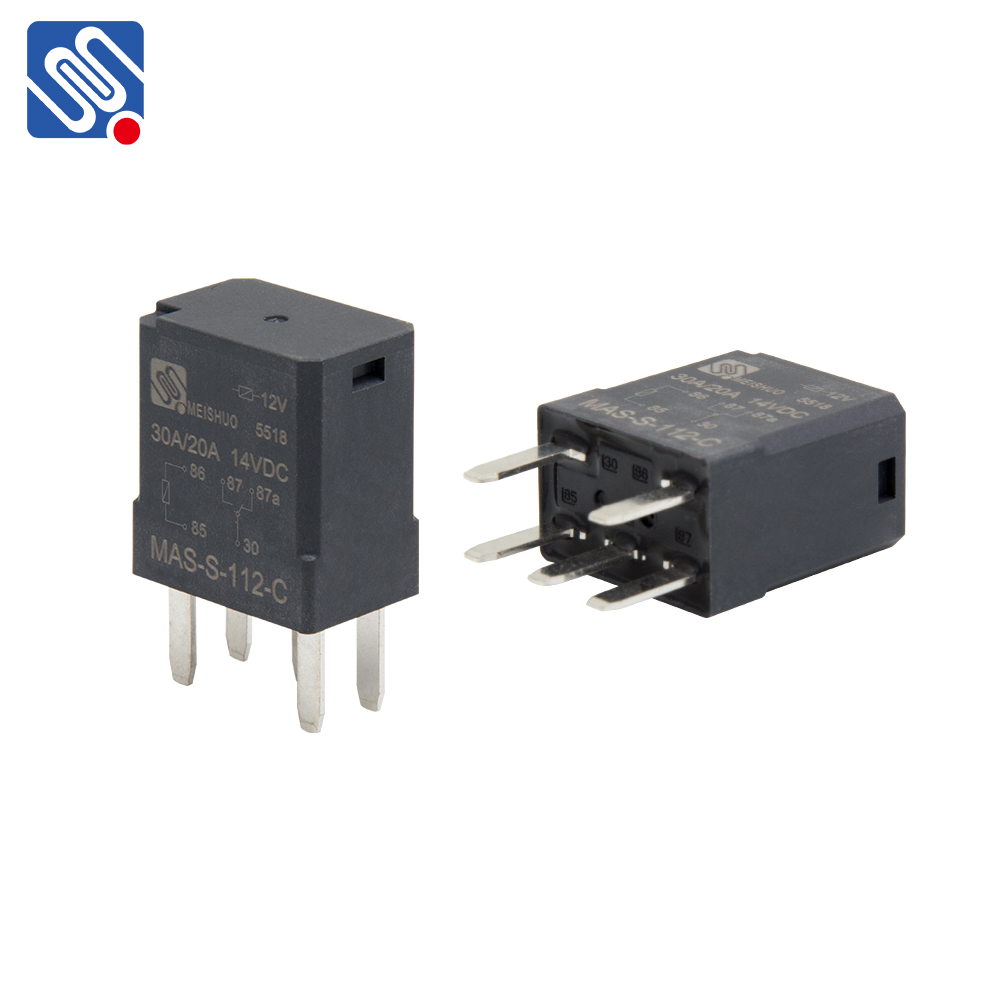Relays play a vital role in modern electrical systems, acting as electrically controlled switches that allow one circuit to control another. The concept of “relay compatibility” is essential to ensuring that relays work effectively within a given system. Whether you’re designing a new circuit or integrating relays into an existing system, it’s crucial to understand the various factors that impact relay compatibility. This article explores these factors and provides insight into how to choose the right relay for your needs.

What Is Relay Compatibility? Relay compatibility refers to how well a relay functions within a specific electrical system, taking into account the relay’s electrical and physical specifications and matching them with the requirements of the system it will control. Using a relay that is incompatible with a system can lead to failures, inefficiency, or even damage to the components. Ensuring relay compatibility involves selecting a relay that matches the voltage, current, and mechanical properties needed for the application. Key Factors Influencing Relay Compatibility Voltage Rating